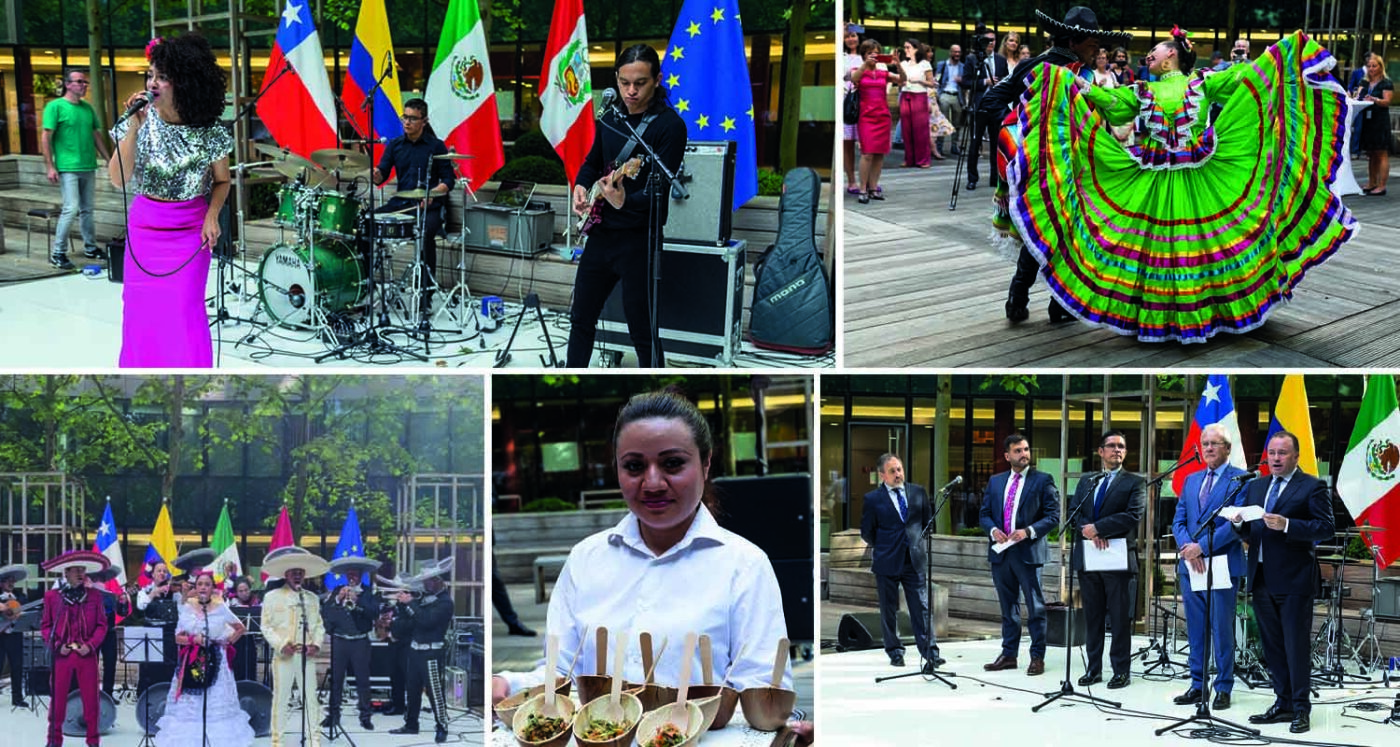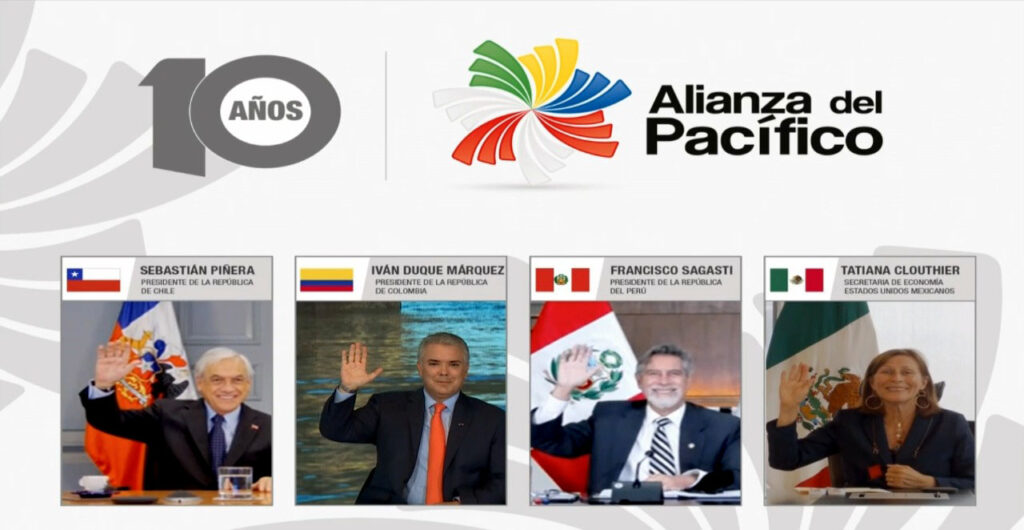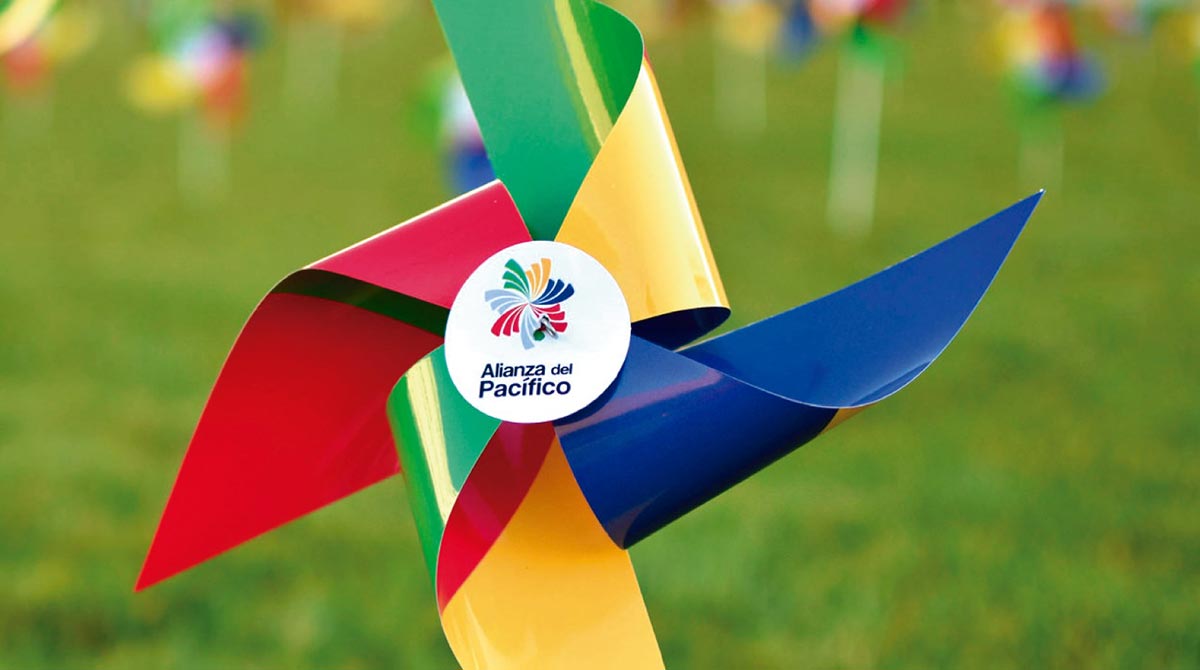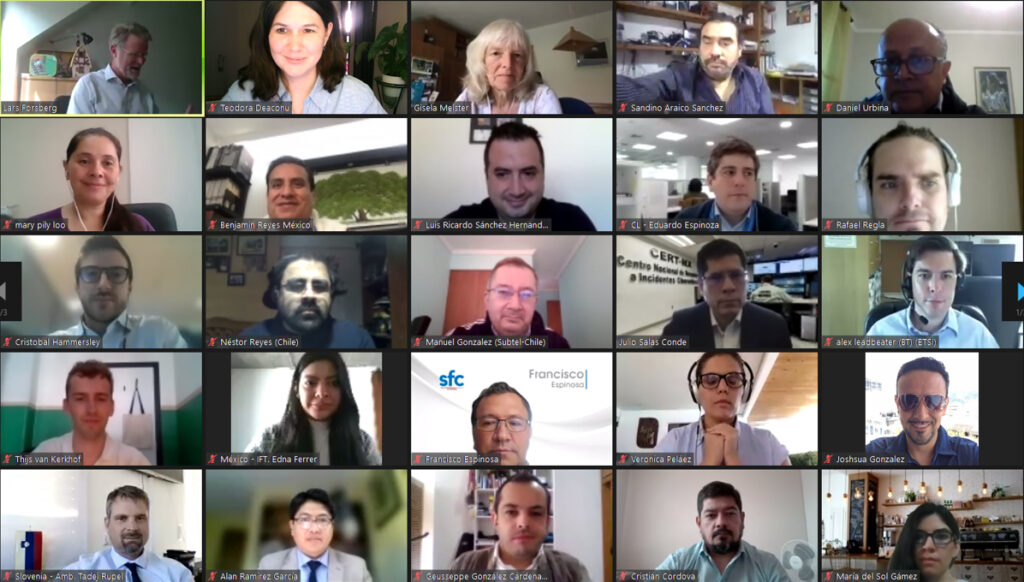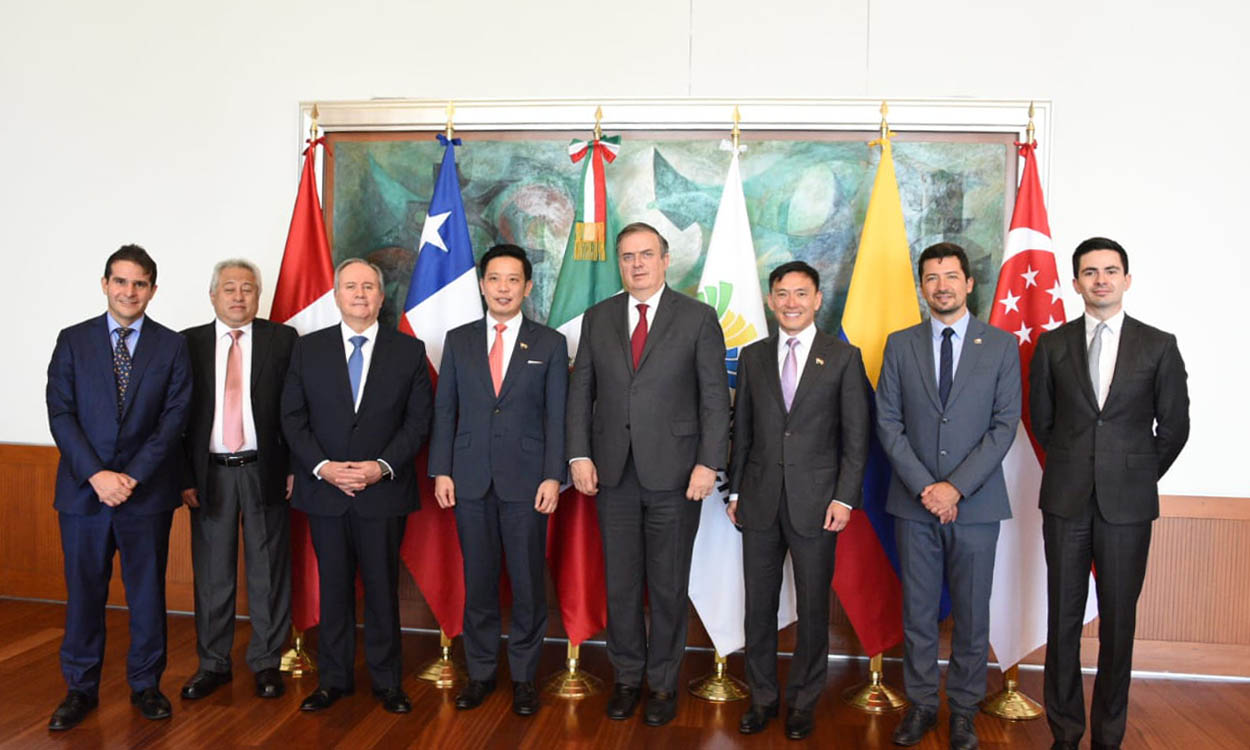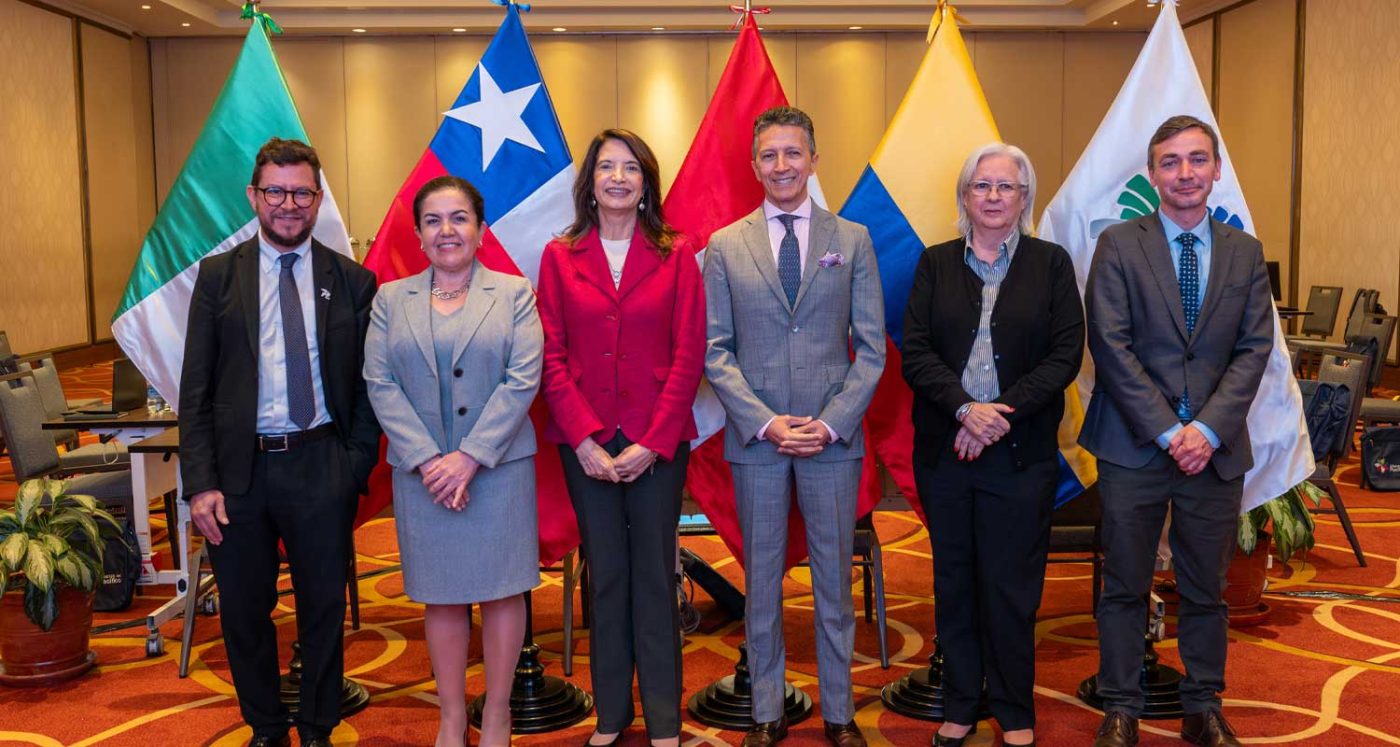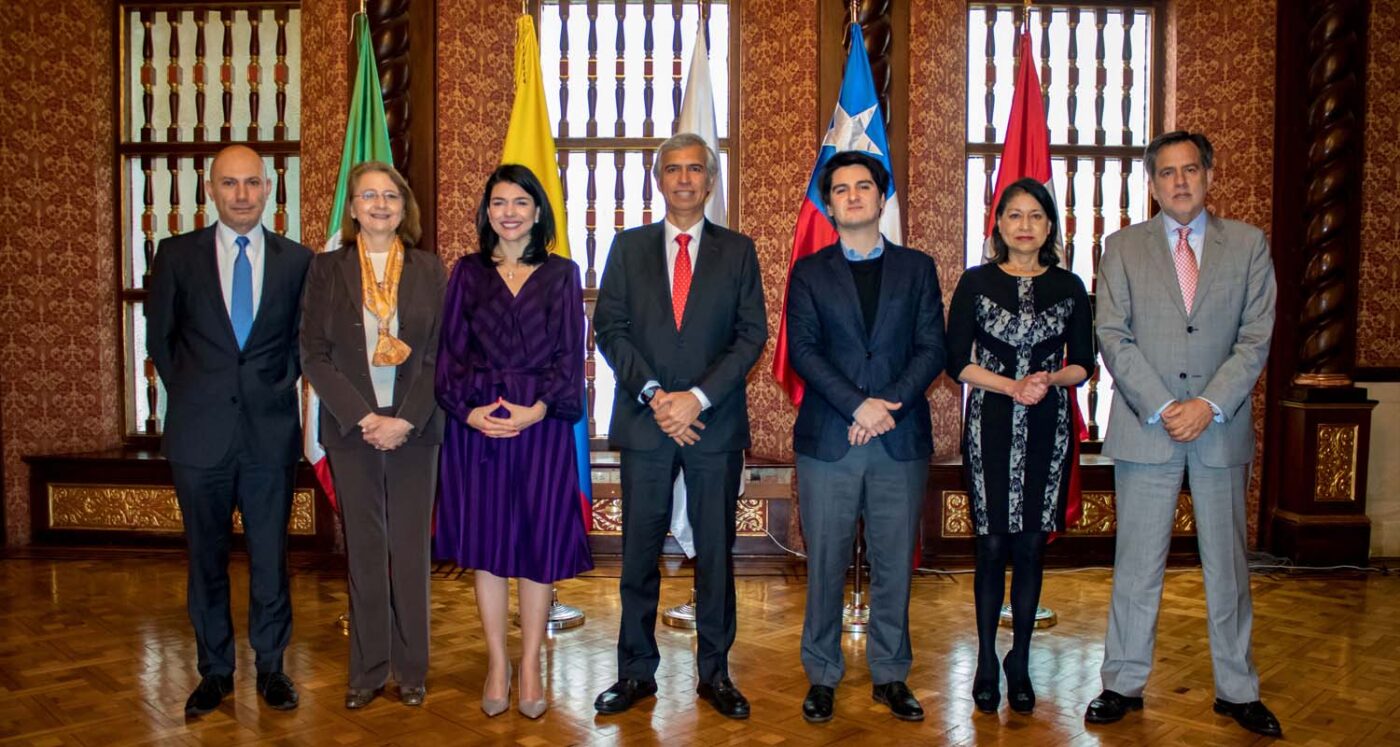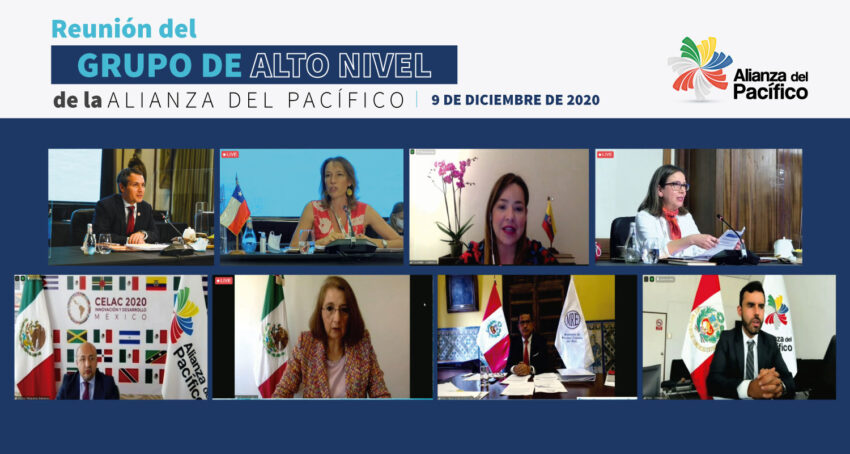June 16, 2022.- On the occasion of the eleventh anniversary of the creation of the Pacific Alliance (PA), the Missions of Chile, Colombia, Mexico and Peru, and the European External Action Service –EEAS-, carried out the second cultural meeting in Brussels called “Flavors of the Pacific Alliance”.
Managing Director for the Americas in the European External Action Service, Brian Glynn, pointed out that the Pacific Alliance is a mechanism that since its creation generated deep interest within the European Union, which was ultimately reflected in the PA-EU Joint Declaration signed in 2019 to reflect the strategic cooperation between both regions.
For his part, the representative of the Embassy of Mexico to the European Union, in his capacity as pro tempore presidency, recalled that the Pacific Alliance came out from the need to integrate a common front to address new challenges, both regional and global, and recognizing the importance of dialogue and cooperation to promote a sustainable and sustained economic and social development . He pointed out that, during 2022, the Pacific Alliance will seek to be an increasingly integrated, more global, more connected mechanism that responds decisively and resounding to the needs of its citizens, including cooperation with the European Union.
As for the Ambassador of Peru and the chargés d’affaires of Chile and Colombia highlighted the important achievements of the Alliance in these 11 years, the potential offered by the strategic relationship and cooperation between both blocs and the joint contribution that both mechanisms can do to multilateralism and in defense of their shared values.
The event was held at the facilities of the European External Action Service and brought together more than 200 senior officials from the European Commission as well as the diplomatic corps accredited to the Kingdom of Belgium and the European Union. The musical entertainment included artistic proposals from Chile, Colombia, Mexico and Peru, in addition to culinary samples from the four Latin American countries that were conducive to reinforcing communication channels and resuming cooperation initiatives between both regions.

